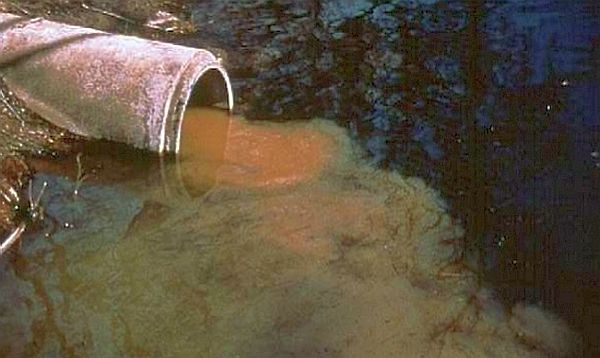Washington, D.C. - The Pan American Health Organization included Mexico on its latest epidemiological alert for cholera after 46 cases of the disease were confirmed in the country, including one fatality.
"The International Health Regulations National Focal Point of Mexico reported 36 new confirmed cases of autochthonous infection with Vibrio cholerae O:1 Ogawa toxigenic in the state of Hidalgo," PAHO said.
"With the additional confirmed cholera cases, the national total is now 46, including one death; with two of the cases in the Federal District - Mexico City - and 44 in the state of Hidalgo," the alert said.
The cases are 24 women and 22 men with ages ranging from 2 to 82 years old.
Mexican health authorities "continue to: strengthen epidemiological activities at the national level; ensure the availability of inputs and quality of care in medical units; implement actions to ensure access to drinking water and basic sanitation at the community level; and monitor and check the chlorine levels," PAHO said.
Cholera Cases Elsewhere
Cuba has not registered any new cholera cases since August and the situation has remained the same since PAHO's previous health alert issued on September 26th, when 678 confirmed cases of cholera, including three deaths, were noted.
In Haiti, since the beginning of the epidemic there in October 2010 until the present, there have been 678,840 confirmed cases of cholera. Of that number, a total of 377,426 people were hospitalized and 8,289 died.
The Dominican Republic has registered a total of 31,021 suspected cases of cholera since the beginning of the epidemic there in November 2010, and 456 of the infected died.
About Cholera
According to the Centers for Disease Control and Prevention, cholera is an acute, diarrheal illness caused by infection of the intestine with the Vibrio cholerae bacterium.
An estimated 3-5 million cases and over 100,000 deaths occur each year around the world. The infection is often mild or without symptoms, but can sometimes be severe.
Approximately one in 20 (5 percent) of infected persons will have a severe infection, characterized by profuse watery diarrhea, vomiting, and leg cramps. In these people, rapid loss of body fluids leads to dehydration and shock. Without treatment, death can occur within hours.
Almost all cases of diarrhoea caused by cholera can be treated by oral rehydration alone, but patients who become severely dehydrated must be given intravenous fluids.
Source: TheGlobalDispatch.com


